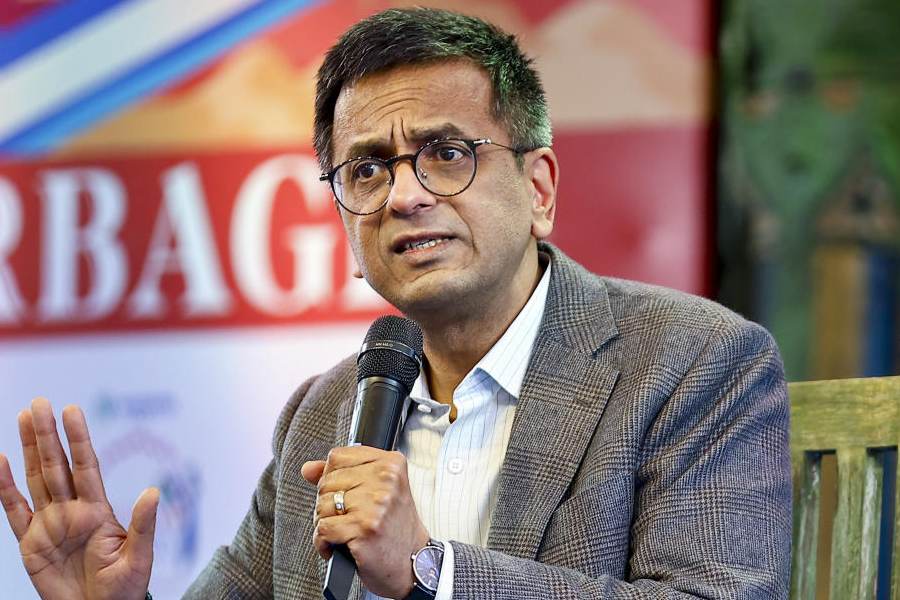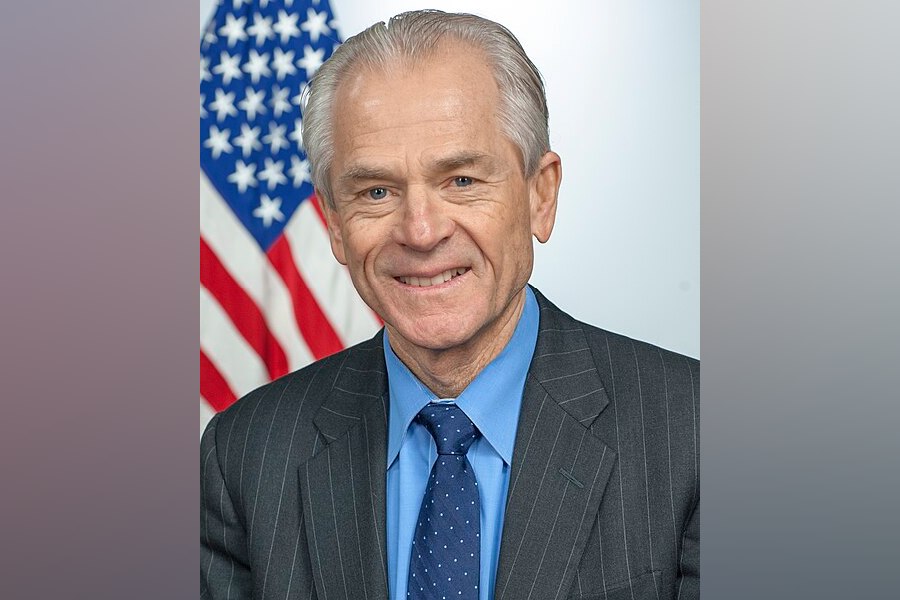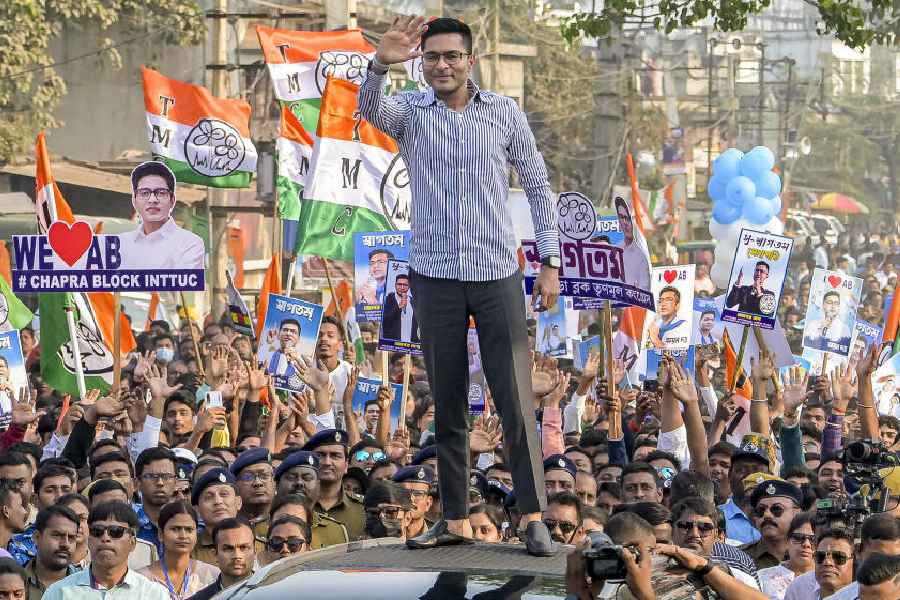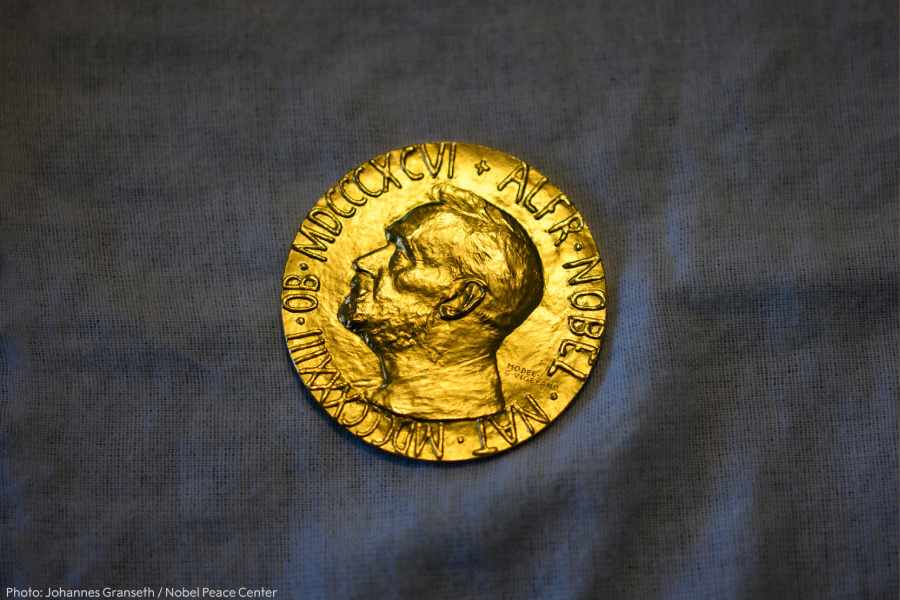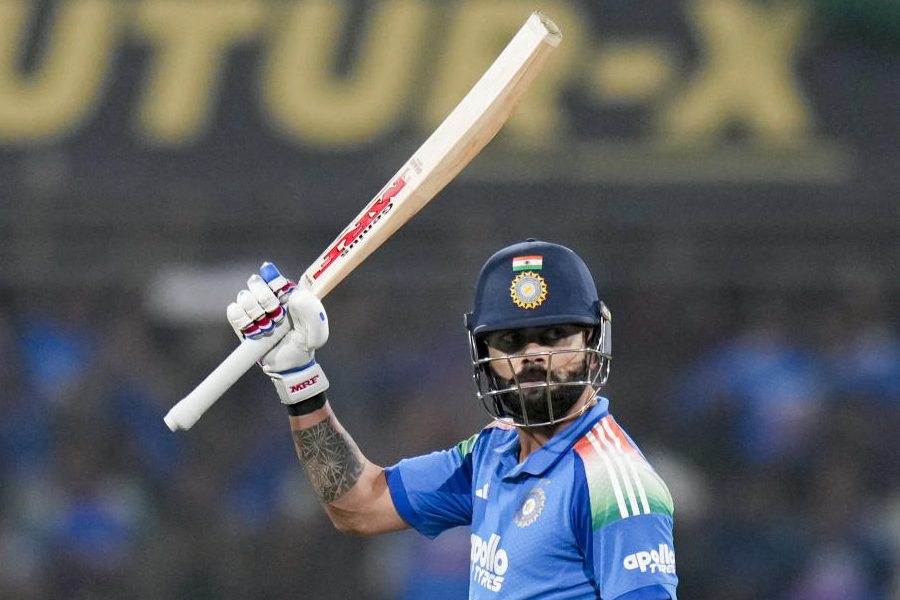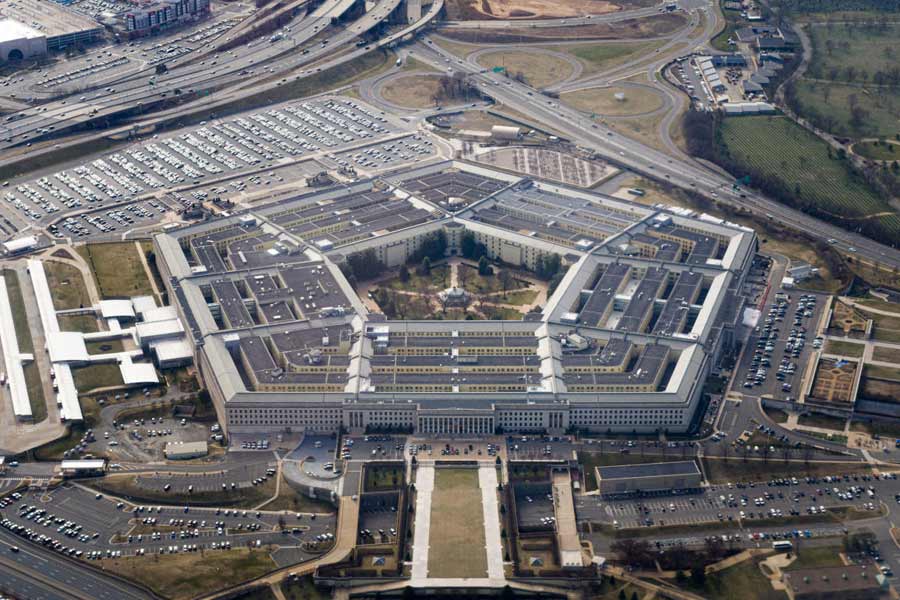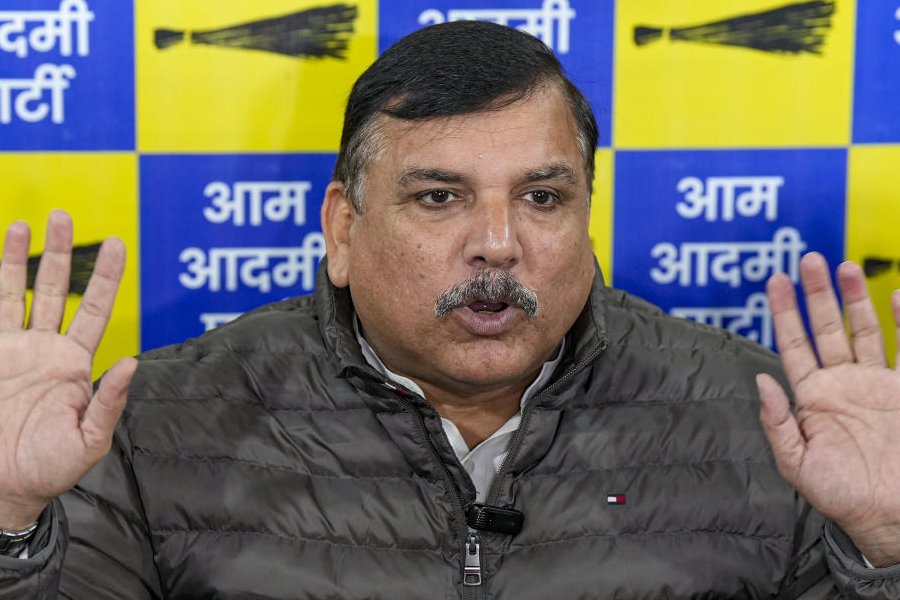Steep scoop
Sir — Eating ice cream really does make one happy. Scientists have found that a spoonful of ice cream lights up the same pleasure centre in the brain as winning money or listening to one’s favourite music. But can ice cream that is valued at Rs 5.5 lakh per serving really make one happy? Byakuya, by the Japanese ice cream brand, Cellato, is made of edible gold leaf, white truffle, sake lees and other rare ingredients, making it the most expensive ice cream in the world. In a country like India, even a ten-rupee ice cream is a luxury for many people. Byakuya means white nights in Japanese, but the thought of eating the ice cream is more likely to give people sleepless nights.
Rajeev Sharma, Hyderabad
Look closer
Sir — The Congress was voted to power in Karnataka owing to the promises made in its election manifesto. The new cabinet has now given ‘in-principle’ approval to implement the five guarantees that were promised to voters. These include200 units of free electricity to every household; a stipend of Rs 3,000 to unemployed degree holders and Rs 1,500 to diploma holders; a sum of Rs 2,000 to women heads of families; 10kilogrammes of free rice to every member of below-poverty-line families every month; and free bus passes for women. There needs to be more clarity on these promises so that no fine print that is used to fool people.
K.V. Seetharamaiah, Bengaluru
Power tussle
Sir — The Supreme Court had settled a long-drawn-out tussle for power between the Delhi government and the Centre. It had ruled that executive and legislative power would reside in the hands of the elected government and not the lieutenant-governor. But the Centre has brought an ordinance that nullifies the effect of the judgment within a week.
The ordinance facilitates the formation of a three-member civil services authority comprising the chief minister and two senior officers to oversee the transfers of civil servants with the final say resting with the lieutenant-governor. The Centre has also applied for a review of the Supreme Court’s judgment. The ultimate losers in this game of power will be the people.
D.V.G. Sankararao ,Andhra Pradesh
Level field
Sir — The proposal for a uniform total expenditure ratio in all mutual fund schemes by the Securities and Exchange Board of India is a positive step (“Sebi wants uniform MF fee structure”, May 20). TER is an annual fee as a percentage of a scheme’s corpus, collected by the asset management companies from the unit-holders. At present, AMCs charge unit-holders a number of additional expenses over and above the specified TER limits. Under the new proposal, TER will reflect the maximum expense ratio that an investor may have to pay and will be inclusive of all costs and taxes. There is also a proposal to reduce the exit load for an open-ended scheme to a maximum of 2% from the existing 5%.
The recommendations are aimed at bringing down mis-selling and reducing the cost of investments in mutual funds. According to Sebi, new slabs of TERs could go down by 0.5% to 20% depending on the size of the assets. This will also encourage competitiveness among AMCs for the benefit of investors.
Sukhendu Bhattacharjee, Hooghly
Questionable links
Sir — The new Parliament building will be inaugurated by the prime minister on the 140th birth anniversary of Vinayak Damodar Savarkar. There can be no reason to celebrate democracy on Savarkar’s birthday given his chequered legacy. But that chequered legacy of sowing religious divisions is perhaps exactly what the government wants to celebrate.
Moreover, what is the point of making a big show about a new Parliament when there is no right to oppose the government? In the absence of the most basic essence of democracy, what will a mere building achieve? There are, of course, still unanswered questions about the need for such an expense amidst such economic distress.
Abhijit Chakraborty, Howrah
Rising stature
Sir — It has always been encouraging to witness the rising importance of India at high-profile diplomatic fora like the G7. The Indian prime minister was recently in Hiroshima, Japan, to attend a G7 meeting. The prime minister, Narendra Modi, had a special bilateral session with the Ukrainian president, Volodymyr Zelensky, where the former highlighted the importance of ending the war and reiterated India’s commitment to negotiate for peace.
Kirti Wadhawan, Kanpur
In memoriam
Sir — It was Rajiv Gandhi’s 32nd death anniversary yesterday. As the prime minister, he left a deep imprint on Indian politics. He was a visionary who dreamt of a self-reliant India. Assuming power in the most difficult of circumstances, he became an internationally acclaimed personality in a short span. He was also hailed as the ‘Father of Information Technology’ and thought to be responsible for the telecom revolution in India.
Ranganathan Sivakumar, Chennai


